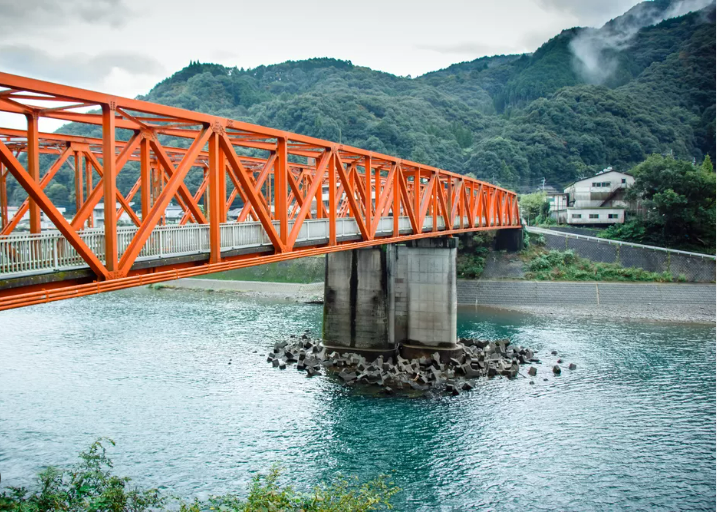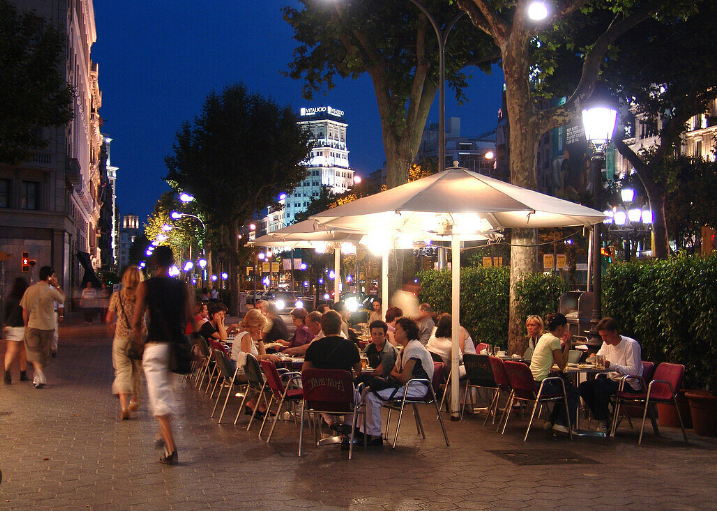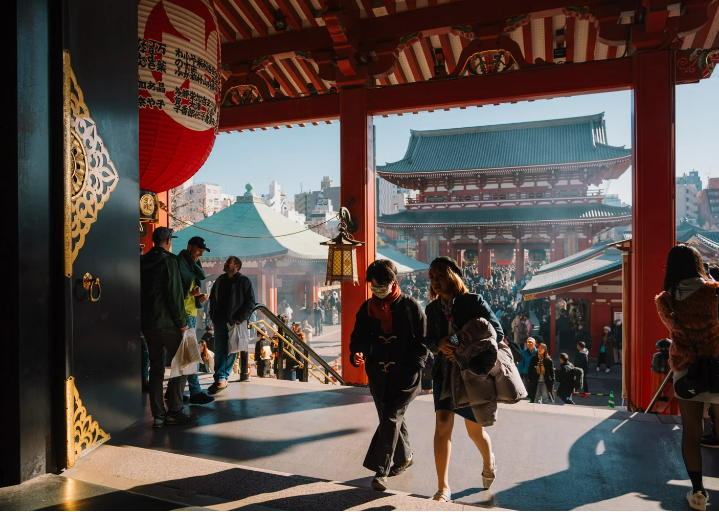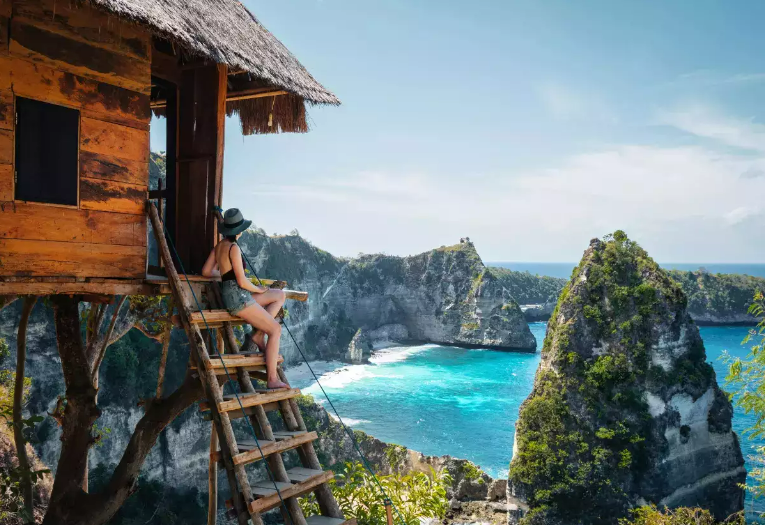Is Cannabis Legal in Thailand? Here’s What Tourists Need to Know
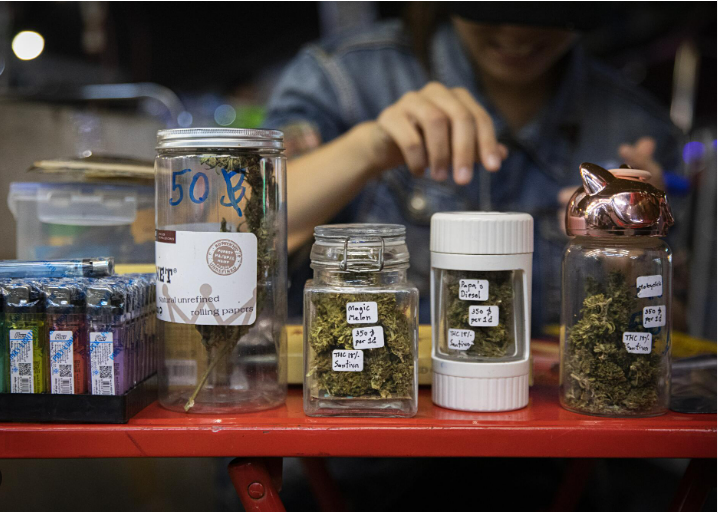
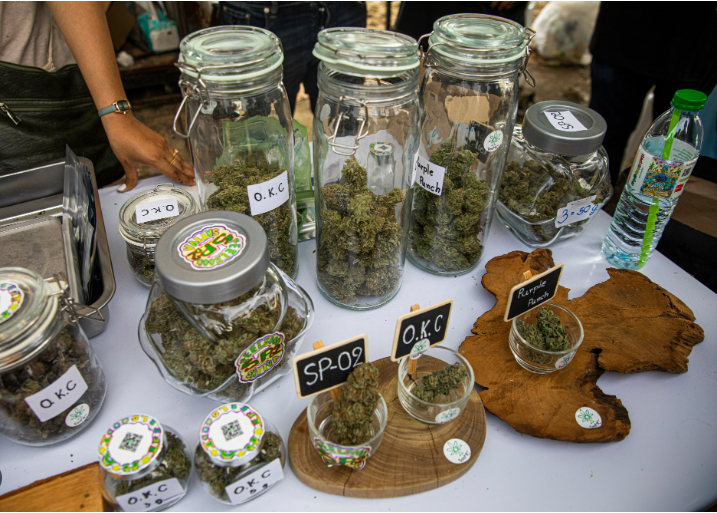
Thailand, once known for some of the strictest drug policies in the world, is now getting into the cannabis game—though this newfound freedom might be short-lived.
In 2018, Thailand became the first country in Asia to legalize medical cannabis, approving it for medicinal and industrial use. By 2022, Thailand’s Food and Drug Administration had decriminalized marijuana and hemp by removing them from the Category 5 narcotics list. This meant that, aside from restrictions on those under 20 and pregnant or breastfeeding mothers, everyone could grow, smoke, consume, sell, and buy cannabis without facing legal consequences.
However, the current Thai law stipulates that extracted cannabis products must contain less than 0.2% THC—a small amount that typically doesn’t produce a high. Despite this, decriminalization has led to a surge of unlicensed vendors, with thousands of entrepreneurial Thais openly selling weed products that far exceed the government’s THC limit.
Even now, Bangkok’s Khao San Road is lined with street vendors selling piles of buds well above the legal THC cap. In Chiang Mai, tourists happily sip high-THC marijuana-laced cocktails, and on Thai islands, public bong use is not uncommon.
This status quo has persisted, with high-THC weed openly sold as Thais exploit this legal gray area, while police and authorities struggle to enforce potency regulations. However, a newly elected government, which campaigned on promises of stricter policies, has announced plans to end this freewheeling phase with a new bill that will heavily regulate cannabis once again.
So, what does this mean for tourists who have enjoyed or are planning to enjoy cannabis on their next visit to Thailand?
The legality and laws around THC are rather confusing and can change without warning
Despite its decriminalization, the Thai government remains uneasy about public marijuana smoking. To address this, authorities rely on the 1992 Public Health Act, which bans any “act of public disturbance” caused by smoke or smell. Violators face fines up to 25,000 baht (around US$690) and up to three months in prison.
The Public Health Minister, who supported the bill, advised English-speaking reporters that visitors should keep their recreational marijuana use discreet—essentially, avoid public consumption to avoid issues. For now, this advice still holds.
However, a new draft bill, expected to pass in late 2024 and available on the health ministry’s website, aims to shift the focus to medical and health uses of cannabis only, effectively banning all recreational use. The bill also stipulates that import, export, cultivation, and commercial use of cannabis will require permits.
Penalties for recreational use are set at 60,000 baht (around US$1,700). Yet, the current draft does not clearly define “recreational” use, nor does it specify whether a prescription or legal documentation is required for “medical and health use exceptions.”
So what does that mean for a tourist looking to enjoy legal weed?

Our advice is to stay updated online, as rules can change quickly, potentially putting even the most innocent tourist at risk of fines, arrests, or worse.
Even after the cannabis regulation bill passes, the plant will likely remain in a gray area. The $1.2 billion weed industry won’t vanish overnight, and many shops may rebrand as “natural pharmacists.” The current bill lacks clear definitions of health versus recreational use.
That said, much can change in a few months—the bill could be strengthened or tabled. The government has also promised businesses time to adjust to the new regulations, which should logically extend to their patrons as well.
If you’re visiting Thailand and need low-level THC or CBD cannabis for medicinal use, you can obtain a prescription from one of the approved hospitals and clinics expected to continue operating under the new legalization status.
When the new regulations take effect, you may still be able to enjoy cannabis as before, or you may not. As with any controlled substance in Southeast Asia, it’s best to proceed with caution and stay informed.
Eating and drinking marijuana
The current law stipulates that food and beverage products containing cannabis—strictly for medical purposes—must have less than 0.2% THC. However, this rule is frequently ignored on the streets of Thailand.
Many food and beverage businesses have exploited decriminalization by offering cannabis-laced items in recent years. One company has introduced a cannabis-infused fish sauce, and marijuana-derived drinks are already available in the country’s convenience stores. Yet, a recent study by Thailand’s leading university found that 30% of these products exceed the government’s THC limit.
Can I bring my own cannabis products to Thailand now?
No. According to the guidelines set by the Tourism Authority of Thailand, products containing cannabis and hemp extracts, as well as any parts of cannabis and hemp with more than 0.2% THC, are still classified under the Category 5 Narcotics list. This means that bringing your favorite gummies into Thailand poses a significant risk.
However, until the new bill is passed, it remains legal to carry marijuana on your person, on public transport, and even on internal flights, as confirmed by the Airports of Thailand Authority (AOT).

